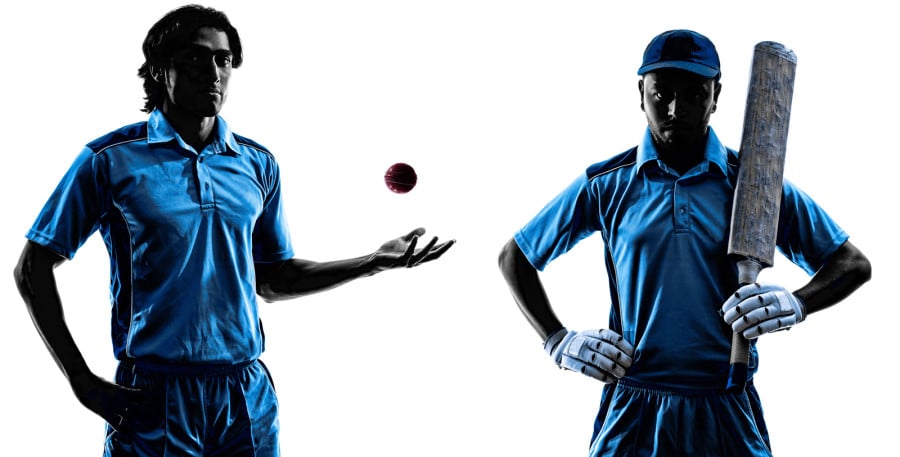Why ‘industry status’ could boost sport in India

Over the past many years, India has been celebrated as a powerhouse of cricketing talent, consistently producing some of the best cricketers in the world. However, beyond cricket, barring a few individuals who have had some success in competitive sport, India has never really been known as a country producing sportspersons or teams of international repute. In 2012, India delivered one of its strongest Olympic performances in London with 6 podium finishes, comprising 2 silver medals and 4 bronze medals. The follow-up in Rio in 2016 though, came as a rude shock with our largest ever contingent of 117 athletes winning just 2 medals.
A constant criticism faced by Indian sport is its failure to perform well on the international stage, despite having a population of 1.33 billion people. There have been a variety of reasons for this, primarily socio-political cultural issues, feeding into what now appears to be a vicious cycle. Considering India’s demographics and socio-political cultural make-up, its society faces extreme inequality and disparity. This means that every citizen does not have an equal opportunity to participate in sport, avail of sporting amenities, compete at a professional level, or acquire a sustainable future as a professional sportsperson. Further, the nation’s sport governance is marred by nepotism, corruption scandals, ineffective leadership, lack of transparency, and mismanagement. This in turn leads to lofty policies with no proper roadmap and displaced priorities, impacting the allocation of resources, thus affecting the country’s sporting infrastructure, grassroot programmes, and in essence its people.
To tackle these glaring problems, the Ministry of Youth & Sport has been more proactive in recent years, creating a myriad of initiatives aimed at improving India’s sporting situation, most notably the Khelo India programme.
Khelo India
The KHELO INDIA programme created in 2018 has been one of the most comprehensive policies India has seen for sport.[1] Introduced to ‘revive the sports culture in India at the grass-root level by building a strong framework for all sports played in our country and establish India as a great sporting nation’, Khelo India was divided into 12 verticals focussing on increased participation and competitions, increase in rural sport awareness while honing talent, and strengthening of infrastructure on a local and national level.
In 2012, the Federation of Indian Chambers of Commerce & Industry (FICCI) had made a proposal[2] to the central government, to include sport as an industry which would in turn, they believed, reap benefits for the government, citizens, as well as the business of sport. However, as sport is a subject in the State List of the Constitution of India, the proposal did not materialise into any concrete policy as it is up to each State to deal with matters of sport.
Recently however, the northern State of Mizoram declared sport as an industry which, as per the State’s Sport Minister, means that the industrial policy of the State would now include sport within it, thereby making it ‘available for availing of subsidy, loan and assistance from private and government sources.’[3] With the Khelo India programme as the backdrop, “industrialising” sport would, in the author’s view, help boost the ecosystem by providing impetus to create revenue generating mechanisms from sport, allowing it to substantially contribute to the country’s economy.[4] This could, for the reasons explored in this article, provide significant impetus to the sector and help further sporting culture in India. Accordingly, this article examines:
- The meaning of “industry status”
- How the sports sector could benefit from industry status
- Potential economic and legal incentives to attract private sector investment in sport
- Approvals and clearances
- Access to capital
- Infrastructure grants
- Operations subsidies
To continue reading or watching login or register here
Already a member? Sign in
Get access to all of the expert analysis and commentary at LawInSport including articles, webinars, conference videos and podcast transcripts. Find out more here.
- Tags: Commercial | Corporate | Governance | India | Khelo India | Regulation | Tax
Related Articles
- A guide to FIFA’s COVID-19 guidelines and their effects on Indian football clubs
- Sports integrity (betting and financial corruption) – the year in review 2019/20
- In pursuit of good governance - analysing the main points of conflict in India’s draft Sports Code
- More than just a number: how India is trying to tackle age fraud in sports
Written by
Samiha Dabholkar
In 2015, she graduated from ILS Law College, Pune with BSL LLB. Samiha completed her Masters in Sport Administration & Technology (MAS) from AISTS in Lausanne, Switzerland in 2017.

 Global Summit 2024
Global Summit 2024